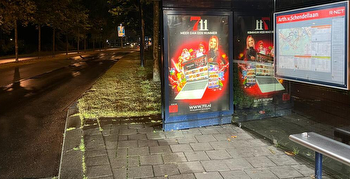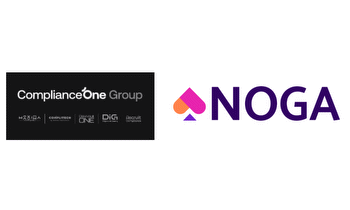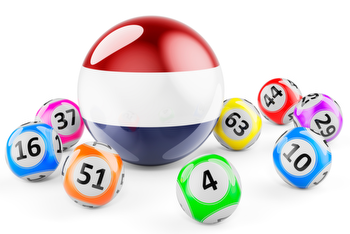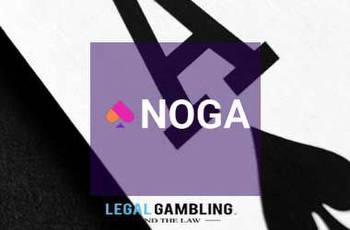Dutch gambling operators respond to “irresponsible” proposal to ban online slots

The trade association NOGA has responded after MPs voted for a ban.
The Netherlands.- The Netherlands Online Gambling Association (NOGA) has described Dutch MPs’ vote in favour of a ban on online slots as “thoughtless and irresponsible”. MPs also narrowly voted in favour of motions to ban all online gambling advertising and to require mandatory financial risk checks for gambling.
The motions had been proposed by the Socialist Party’s Michiel van Nispen. Although they were approved in the votes, it will come down to the minister for legal protection Franc Weerwind to review the proposals and decide whether they should advance. As a result, gambling operators have urged Weerwind to exercise restraint and ignore the motions.
NOGA’s director-general Peter-Paul de Goeij said: “The House is trying to force a decision based on wrong figures, assumptions and unrealistic fears. There is really not enough hard data to make sensible decisions at the moment; which is why a lot of research is now being done.”
NOGA warned that both a ban on online slots and a ban on advertising would benefit unlicensed operators. “There are already signs that gamblers are disappearing into the illegal circuit due to the previously imposed advertising ban on radio, TV, newspapers, and in the open air,” it said.
De Goeij added: “Minister Weerwind has kept a cool head so far. We count on the outgoing cabinet, as well as the incoming cabinet, to continue that sensible line and never jeopardise the protection of online players.”
The Dutch gambling regulator’s latest monitoring report on the Dutch gambling market. The KSA’s report shows that the number of active accounts on the regulated market surpassed 1 million for the first time, however the pace of growth has slowed.
Dutch online gross gaming revenue (GGR) for 2023 reached €1.39bn, a rise of 28 per cent year-on-year. However, the last half of the year saw an increase of just 1 per cent compared to the first. The number of active accounts reached 1.1 million, up 13 per cent from 970,000.



































